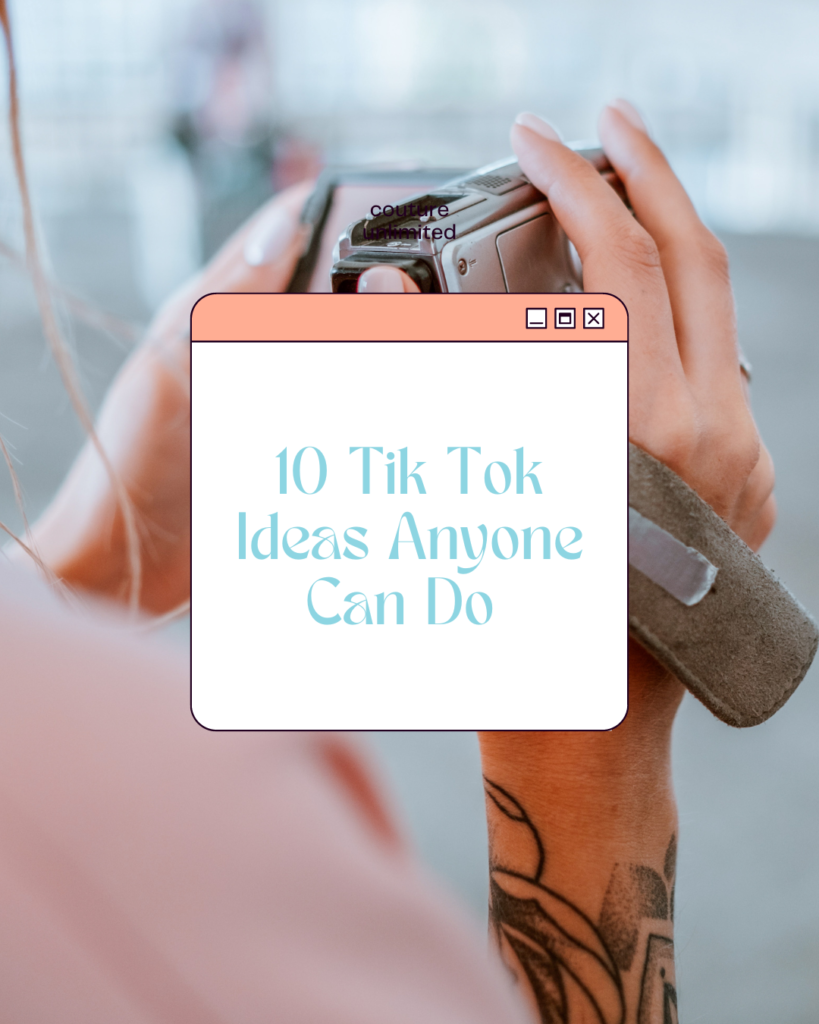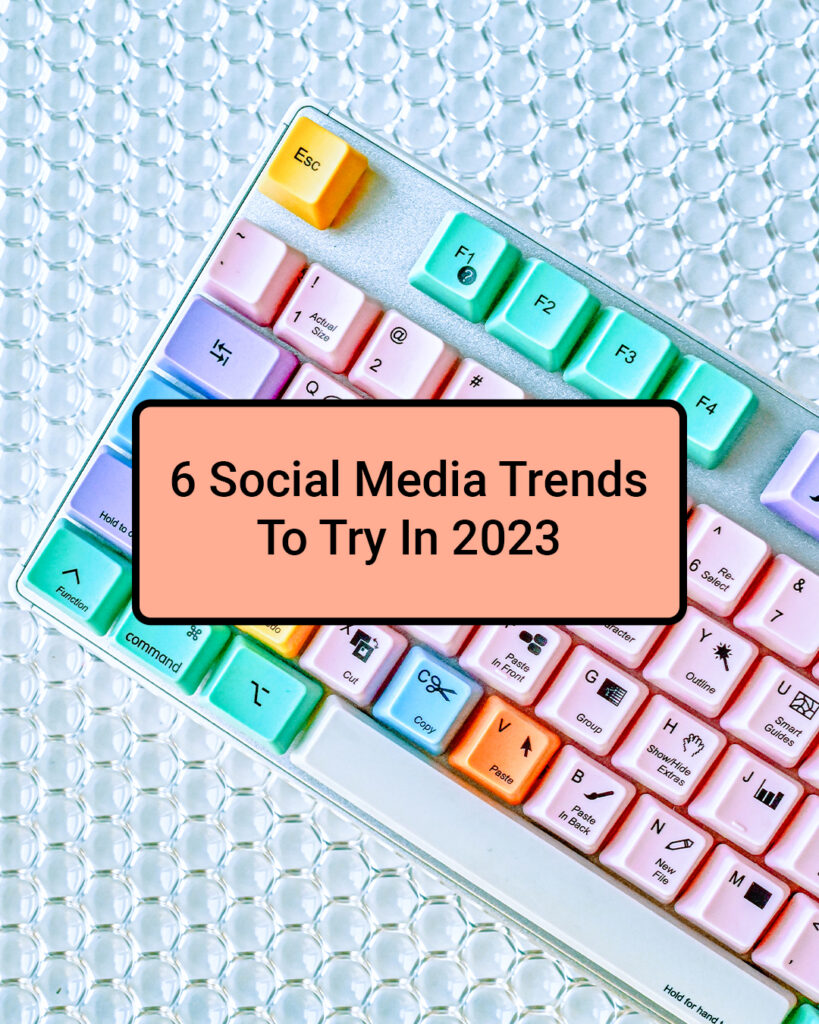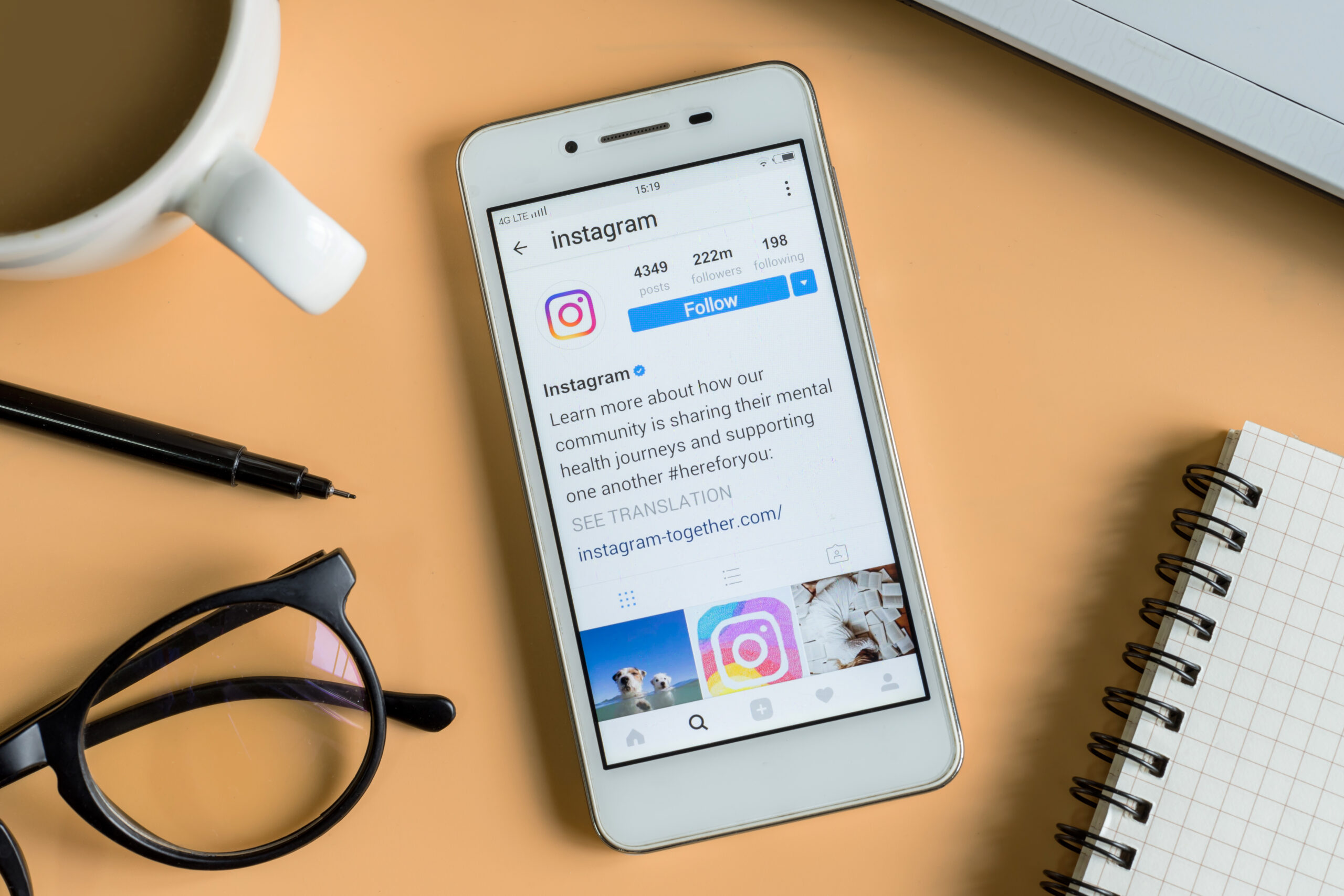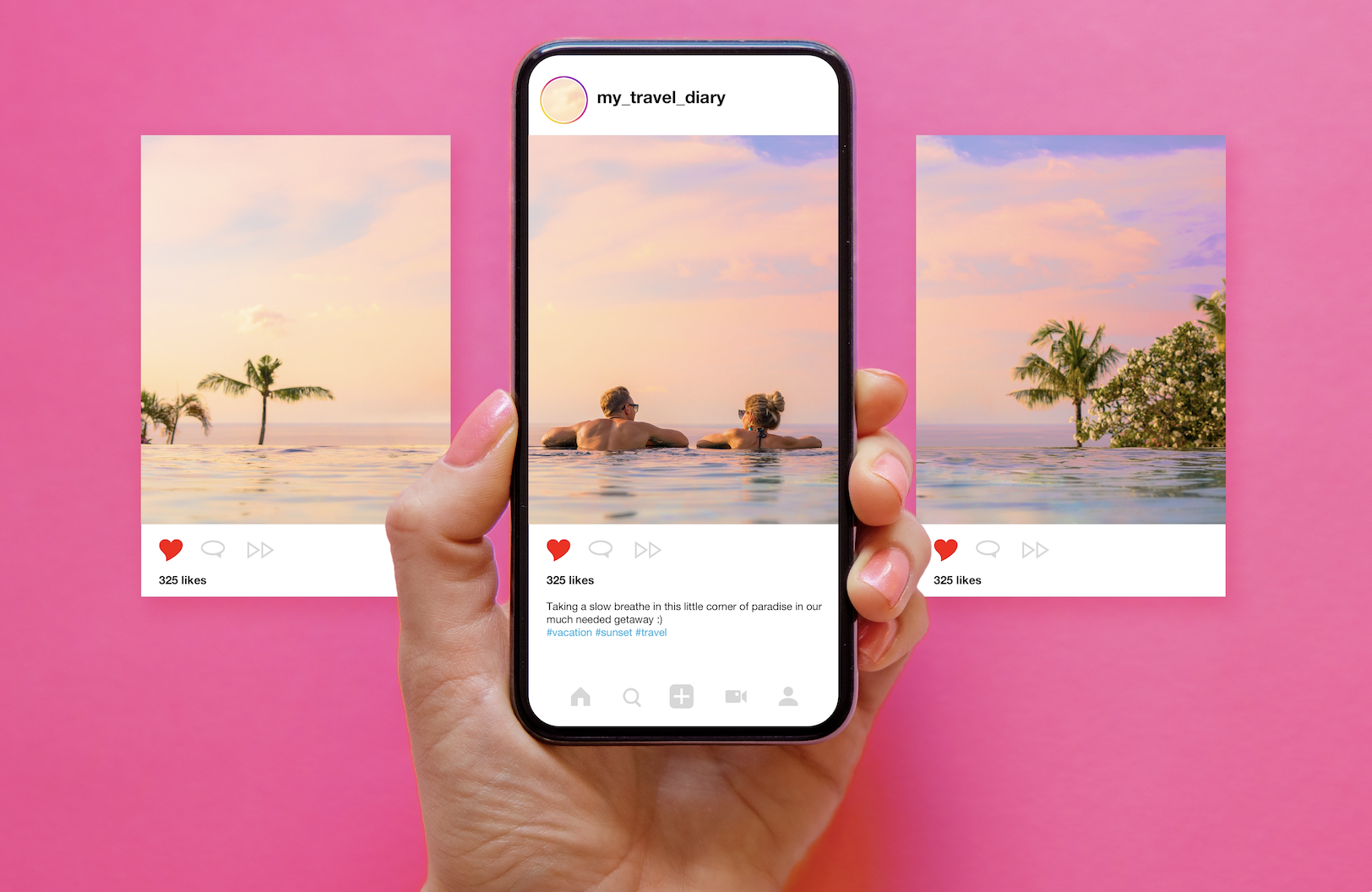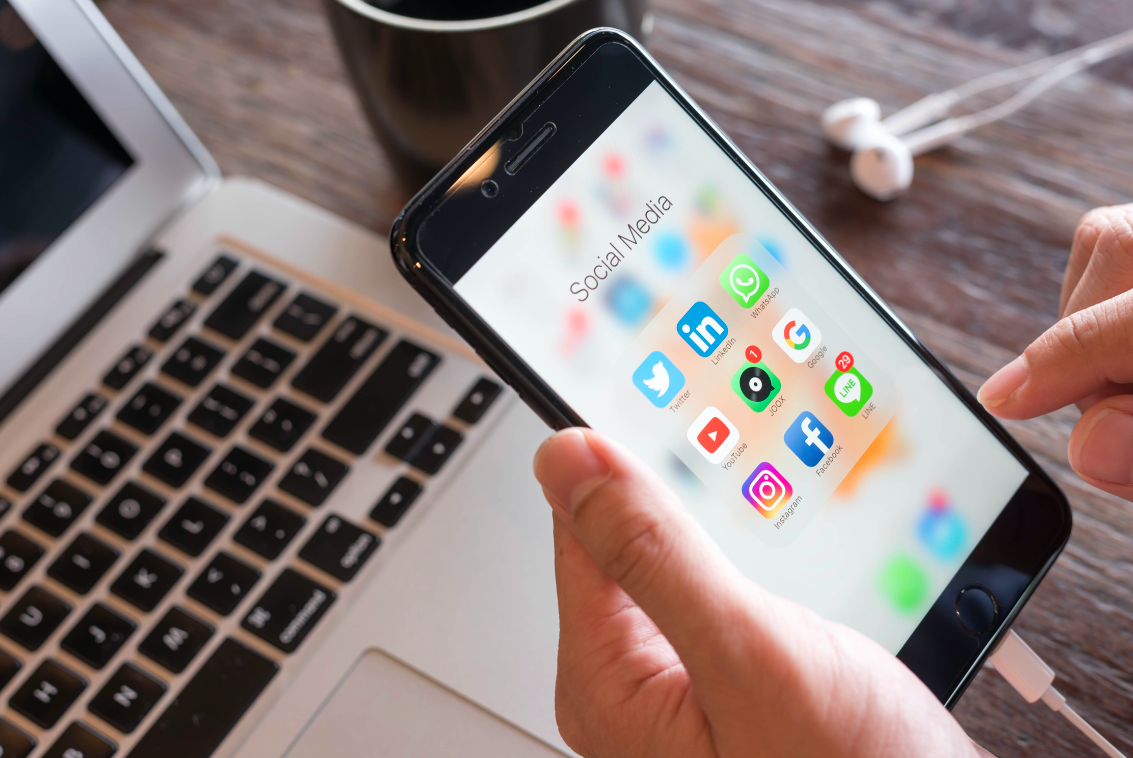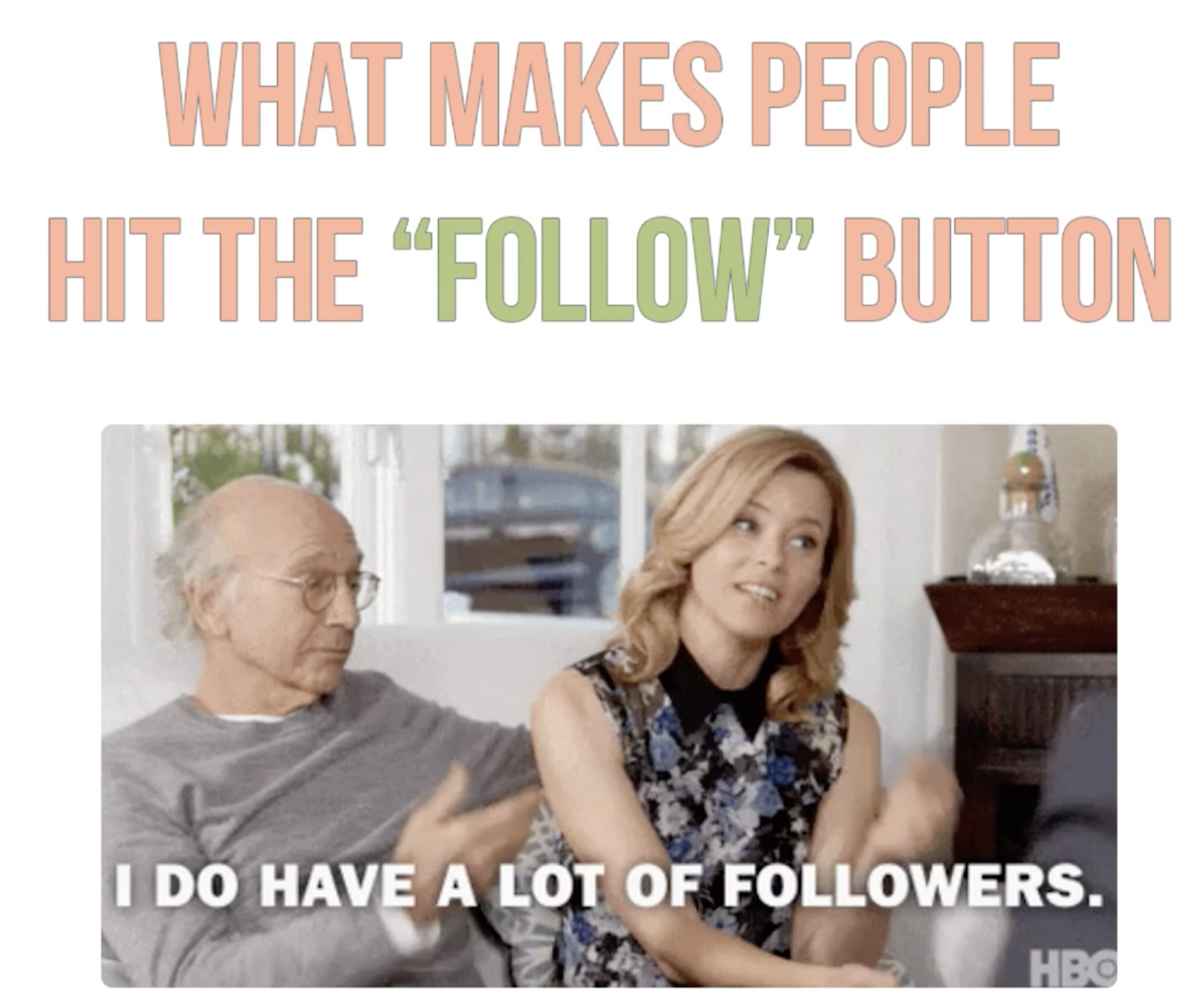
Rihanna no longer has an Instagram account. In case you missed the very public feud she had with the social network a few months back, here’s the gist: the singer posed topless for Lui magazine and posted the pictures to her Instagram. The work-safe version is below:
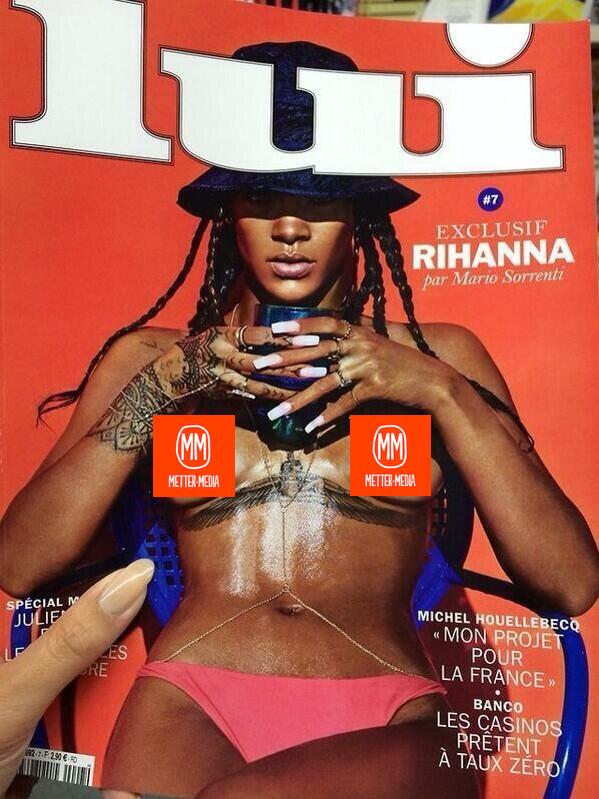
Instagram claimed that Rihanna’s account was deleted by a mistake in their automated blah blah blah.
Let’s be real: Instagram, Twitter, and Facebook have been fighting nudity on their platforms since their inception. Sure, back in the toddler years of Facebook, it may have seemed wise to shield children’s eyes from nudity, especially since adjusting display settings on the people you friended was virtually impossible. But that’s not the case now.
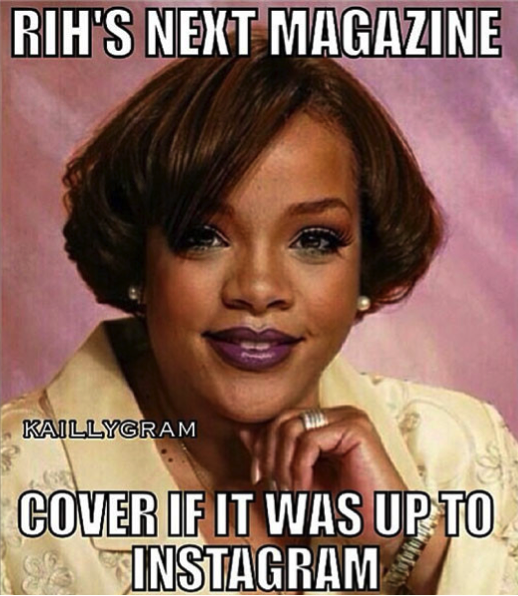
Now, people are angry. As scandalous stories about mothers breastfeeding their children in public swept our newsfeeds, and outrage grew over women being arrested in NYC for exposing their breasts – NYC legalized public female toplessness in 1992, stating that women have the same right as men to bare all above the waist in public – the Free The Nipple campaign was born.
Free The Nipple’s mission is to empower women, both in the United States and across the globe, to stand up against female oppression and censorship – a campaign that has a number of celebrity endorsers and which should have been lauded on social media just for the sheer amount of content it was generating day-to-day.
Instead, the whip was cracked down even harder. Celebrities who supported the movement (and let’s not forget us normies) were having their accounts blocked and/or removed. By refusing to let their balls drop, social media sites dropped the ball on this movement. Because female breasts make them feel icky down there or some other half-assed reason.
But this is 2014; honestly, who cares? So Rihanna showed her breasts on Instagram – if a woman’s tits offend you, there are deeper problems at work here. I actually found the picture of Trayvon Martin’s dead body that was circulating Twitter a lot more offensive, but sure! Boobs. Let’s save you time and money on rehashing old childhood traumas with a psychotherapist and start by just unfollowing the accounts that offend you. Now, wasn’t that liberating?
But, Jasmine! I don’t have a childhood trauma, I just want to be on Facebook at work without seeing naked body parts all over my screen!
Fair point! And if you’re friends with people who enjoy posting tit pics and Liking tit pics (these people exist) and you don’t want to deal with the fallout of unfriending them, simply unfollow them. It’s this great thing! Go to the friend’s page who keeps posting said pics and click ‘Following’ on their cover photo.

And voila! You can troll Facebook nudity-free and your friends don’t think you are secretly mad at them; though maybe you should still talk to them about it.
Freeing the interweb to nudity will, undoubtedly, have its drawbacks. I already can’t search “flip flops” on Tumblr without getting foot-fetish porn.
But the pros outweigh the cons: it’s time we all stopped fearing the human body. The repression of sexuality is what stirs the obsession around nudity. Once everybody is naked, the luster is gone. I mean, have you ever been to South Beach?
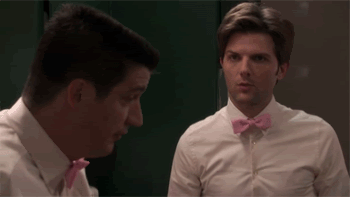
My point is, if you want to be naked on social media, it should be your choice and not a damn federal case (but know the risks, obviously). When notable celebrities start getting banned for their nude posts on social media (read: nude photos of themselves, not others), it’s only a matter of time before they break off to find a platform that doesn’t wag its finger at them like an old high school principal. Body campaigns like #freethenipple are picking up steam and we all know that a social media site that cannot adapt to the changing times has an expiration date.
Who will follow MySpace into the abyss? Stay tuned.
